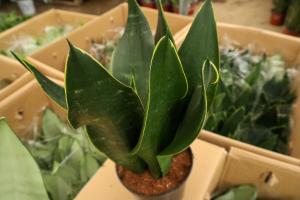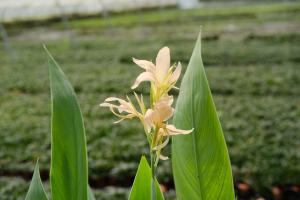Why Not to Plant Willow Trees Near a House
Willow trees are known to be fast-growing trees that can provide shade and beauty to any landscape. However, planting them near a house can lead to numerous problems that may eventually cause damage and danger to the property and its residents. Here are the reasons why planting willow trees near a house is not a good idea.
They Have Invasive Roots
Willow trees have invasive roots that can spread over a wide area, and they can cause damage to the foundation of the house, the pipes, and other underground structures. The roots can also dehydrate the soil, which may lead to soil shifting or even soil erosion. Therefore, planting a willow tree near the house is not recommended as it can lead to costly repairs or even cause the house to collapse.
They Attract Pests
Willow trees can be a breeding ground for pests such as aphids, mites, and other insects. If they are planted near the house, these pests can easily find their way into the house and cause an infestation. This can be harmful to the residents' health and can cause damage to the house's walls, roofs, and other structures. The pests can also attract rodents and other animals that can cause even more damage to the property.
They Are Prone to Disease
Willow trees are also prone to disease and can quickly become infected without proper maintenance. A diseased tree can look unhealthy and may eventually die, which can cause it to fall and damage the house, cars, or even people. If a willow tree is planted near the house, it can be difficult to maintain and protect from diseases, making it a risky investment for homeowners.
They Shed a Lot
Willow trees shed a lot of leaves, twigs, and branches throughout the year. If they are planted near the house, these materials can accumulate on the roof, gutters, and other parts of the property. This can cause clogging, which may lead to water damage and mold growth. The debris can also attract pests and make the property unattractive and difficult to maintain.
Conclusion
In conclusion, willow trees may be a great addition to a garden, but planting them near the house is not advisable. They have invasive roots, attract pests, are prone to disease, and shed a lot of debris, which can cause damage and danger to the property and its residents. Homeowners looking for a beautiful shade tree to plant near the house should consider other alternatives that are less risky and easier to maintain.

 how many times do yo...
how many times do yo... how many planted tre...
how many planted tre... how many pine trees ...
how many pine trees ... how many pecan trees...
how many pecan trees... how many plants comp...
how many plants comp... how many plants can ...
how many plants can ... how many plants and ...
how many plants and ... how many pepper plan...
how many pepper plan...































